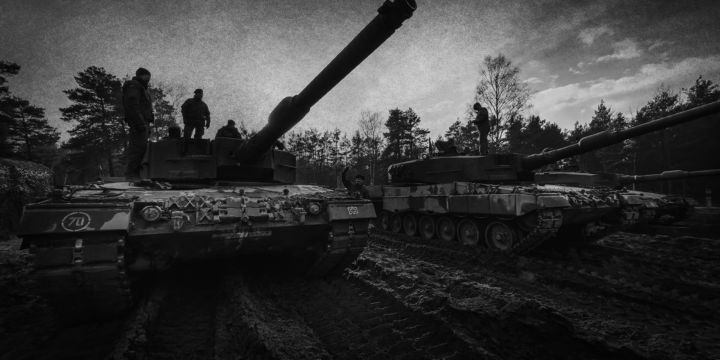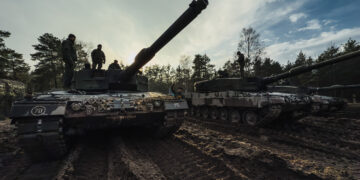Following Russia’s invasion of Ukraine in February, German Chancellor Olaf Scholz announced that it was a “Zeitenwende” (or “turning-point”), and that Germany would henceforth invest two per cent of GDP annually on defence and make an additional investment of $100 billion to upgrade the German military. In another epochal change, Finland and Sweden, which had remained capable neutrals since the Cold War, announced that they would apply to join NATO.
Last week the German government walked back expectations for defence spending, confirming that the two per cent goal may not be met until 2025, and that only a small portion of the one-time procurement would be invested whilst the regular defence budget will actually decrease slightly in 2023. It has already been acknowledged that plans to procure F-35 jets from the US will likely be unfulfilled until after 2026, and that the government has failed to purchase sufficient stocks of ammunition and replace needed military equipment.
Meanwhile, speaking to the Lowy Institute in Sydney, Australia, Finnish Prime Minister Sanna Marin recently claimed that Europe’s defence capabilities were insufficient and that Europe was too reliant on the United States.
More on Europe

Featuring Daniel Davis
November 3, 2025

Featuring Jennifer Kavanagh
October 29, 2025

Featuring Jennifer Kavanagh and Daniel DePetris
October 29, 2025
Events on Europe and Eurasia







